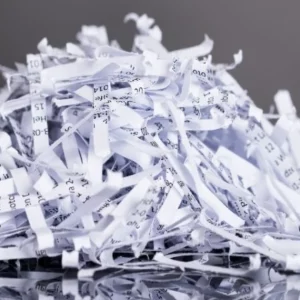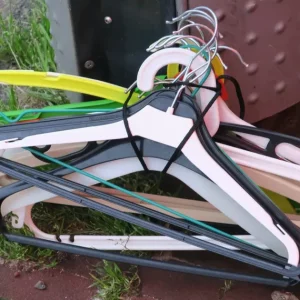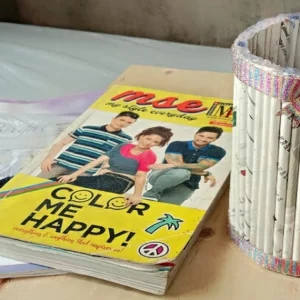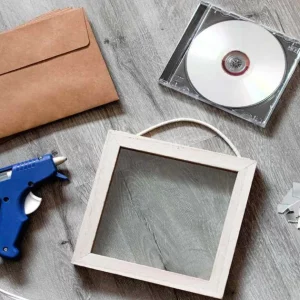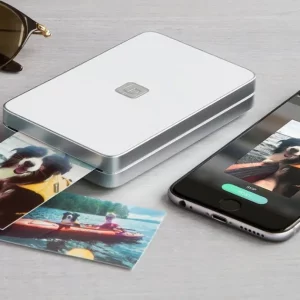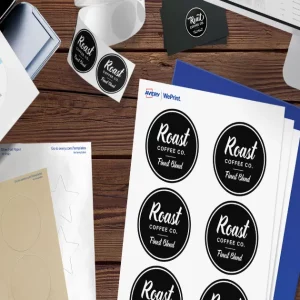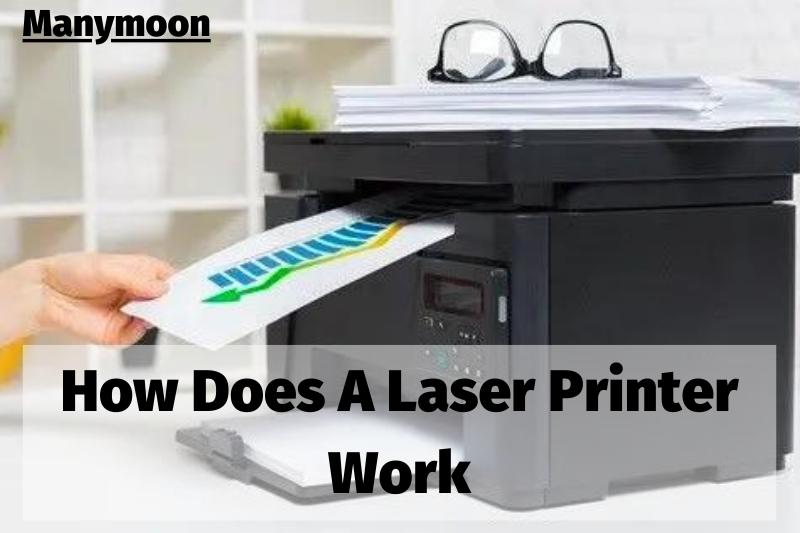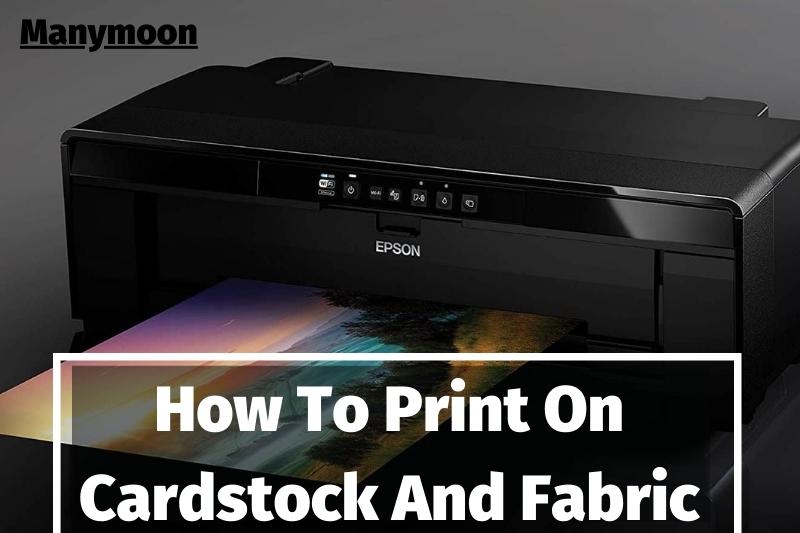Coin sorters are devices that automatically sort coins by denomination. They are commonly used in banks, casinos, and other businesses that handle large amounts of cash. Coin sorters can also be used at home to help organize your loose change.
Most coin sorters work by gravity, with the heavier coins being sorted first. The coins are then fed into tubes or chutes that separate them by denomination. If you want to know How Do Coin Sorters Work? You came to the right place.

How Do Coin Sorters Work?
Coin sorters, like all machines, have a specific way of working that you want to learn. Right? Let’s get to the point without taking too much time.
First, the coins must be fed into the coin trays. Sometimes, except quarters, the tray holes are large enough to allow all coins to pass.
The next tray can then hold all coins except nickels. This continues until every type of coin is placed on a separate tray. You can find different sets of quarters, nickels, or dimes among various coins.
Coin sorters can use magnetic fields to measure the coins. Because coins are made of different metals, the magnetic properties of the cash can be used to determine which one is being processed.
This machine can sort coins and determine the value of any coins being processed. How do you find out the value of your cash? This is done simply by weighing the coins and putting them on a rack.
This is the weight-based method of counting coins. However, the latest coin counters use sensors to identify the type of coins and record their value.
Modern technologies allow for the best counts. Photovoltaic cells are one example. These use light to determine which type of coin the system is dealing with.
Microprocessors also send signals to the system. This ensures that the coin’s dimensions and weight match the system’s.
Perks of Using a Coin Sorter
We have provided some information about the benefits of using a coin sorter in the previous section. We will now discuss some other perks using a coin sorter. Let’s have a look.

Accuracy: A coin sorter is an excellent tool for people who work in departmental stores, amusement parks or banks. Want to learn more?
Imagine spending hours sorting coins in one spot. Although it may seem simple, you can quickly lose track of the process and make mistakes if you do it repeatedly.
A coin sorter is a great tool to help you avoid this problem. It will also make your work more precise.
No more theft: Many employees are working at the same place, and you can’t trust them all. Isn’t it? Manual sorting and counting coins can lead to miscounts. This is not due to human error but because of bad intentions. This can result in a substantial loss.
Don’t worry! You don’t have to compromise the security of your coins with the help of coin sorters. The machine will also do the job more efficiently. Employees can also invest their time in more important tasks.
Hygiene: This is a common aspect that people neglect when doing any job. The coins can pass through many hands before it reaches your table when they are manually counted.
You don’t know the hygiene of those who rely on coins manually, and you end up touching coins that are at high risk for infection with germs or other infectious diseases.
Advanced Methods For Coin Counting
Advanced machines can read coins more accurately by using a combination of photovoltaic cells and a chain light. Some systems also use microprocessors to read the cash and send back signals to the system to verify that the coins’ sizes and weights are correct.

Why Are Coin Sorting Machines So Awesome for Kids to Use?
Nearly all children enjoy coin sorting machines. Even if it’s to see the money go down the hole and to hear the cling-clang as the coins move along.
This is more important than you might think. The more they have fun with money management, the more likely they will continue.
Coin sorting machines are not only sensory fun but also encourage children to interact with bank representatives and store clerks. They must bring their transaction receipts to cashing at the main desk.
These interactions will allow your children to get to know service workers and eventually help them with more complex transactions such as withdrawals, deposits, or money transfers. As a result, your children will likely feel more comfortable asking for help from professionals.
The third is convenience. Although coins are lighter than bills and cards, they still weigh more than bags of potatoes. Your kids will be able to carry their cash and gift cards without being burdened by the currency.
This makes shopping easier. Many kids only have so much space in their wallets, purses, or piggy banks. Your kids can save money by taking coins to the machine to sort them.
Coin sorting machines are convenient and can be connected to your children’s time. Families are finding it harder than ever to keep up with the demands of modern life.
Although you want your children to count and sort coins by hand, a coin machine allows them to quickly determine how much they have saved without going through hundreds of cash each.
Children who don’t often count their coins by hand are usually happy to see the total value of the machines. The machines can also help you remind them that even small amounts of money add up over time.
Where Are the Coin Sorters Used?
People who deal with large quantities of coins everyday use coin sorters. This could be a bank or any other departmental shop where coins are the main form of monetary exchange. It is also used at amusement parks to count the coins and sort them.
They are also used in specific coin-intensive industries like gaming, vending, grocery, and vending. These sectors all require a coin sorter to make their jobs easier and improve efficiency.
You can have your coin sorter help organize the coins without losing track. Coin wrappers help separate coins by denomination and facilitate easy transfer from your home to the bank.
The coin sorting machine is also great for kids. It teaches them the value of coins and helps them understand the concept of saving.

How to Count Coins by hand
Use paper wrappers: This is the traditional way to count coins. If you plan to use them throughout the year, your bank may provide them at no cost.
You can also buy them online. Once you’ve figured out the number of each denomination in a wrapper, you can fill them and then do the math for how much.
To illustrate, a paper roll can be divided into 50 pennies, 40 cents, 50 nickels, 50 dimes, and 40 quarters. This means that each roll of pennies costs 50 cents. A nickel roll is worth $2. A roll of dimes worth $5, and a roll o quarters worth $10.
To ensure you have the right amount of change rolls, stack your coins into piles of 10 and drop them in the wrapper. To measure the next roll, use your first roll.
You can purchase coin funnels to insert into the wrappers for faster fill. This will help you calculate how many coins you have.
Conclusion
A coin sorter is a device that sorts coins by denomination. There are a few different ways coin sorters work, but the most common type uses a series of spinning disks with different-sized holes. The disks are stacked on top of each other, with the most significant hole on top and the smallest hole on the bottom.
In most cases, the disks are spun at a constant speed. In some systems, the coins are rotated through an inner cylinder and then placed in tubes or chutes. Manymoon hopes that our explanation was helpful for you.
